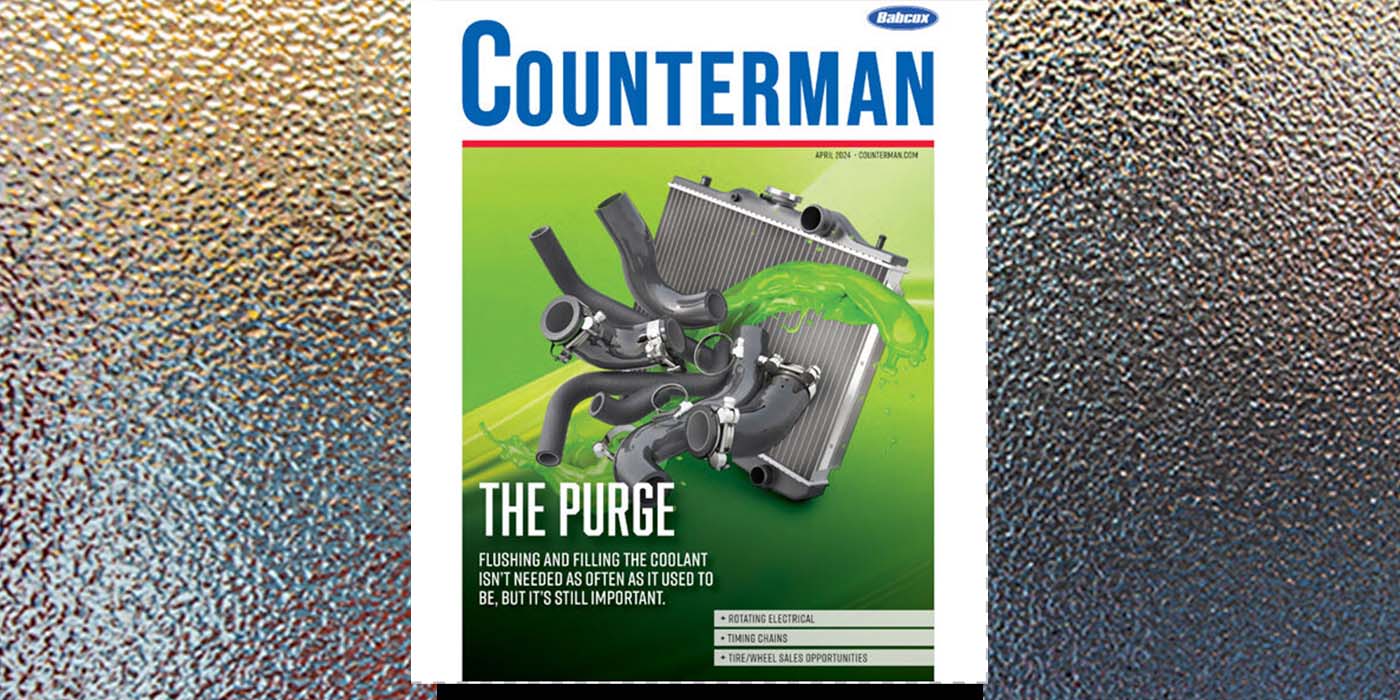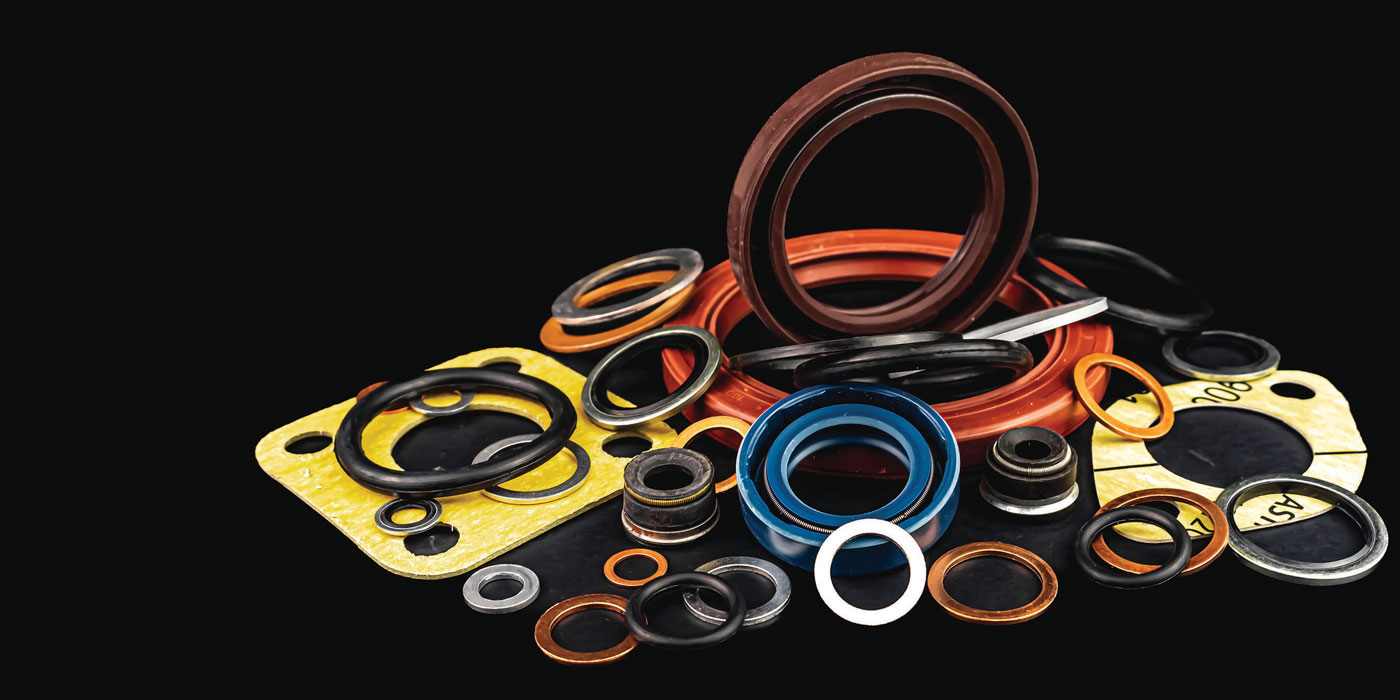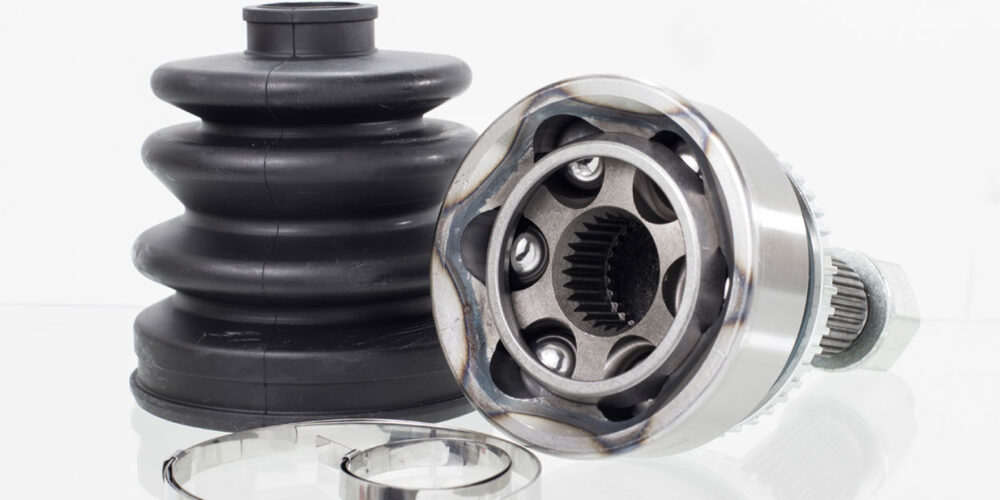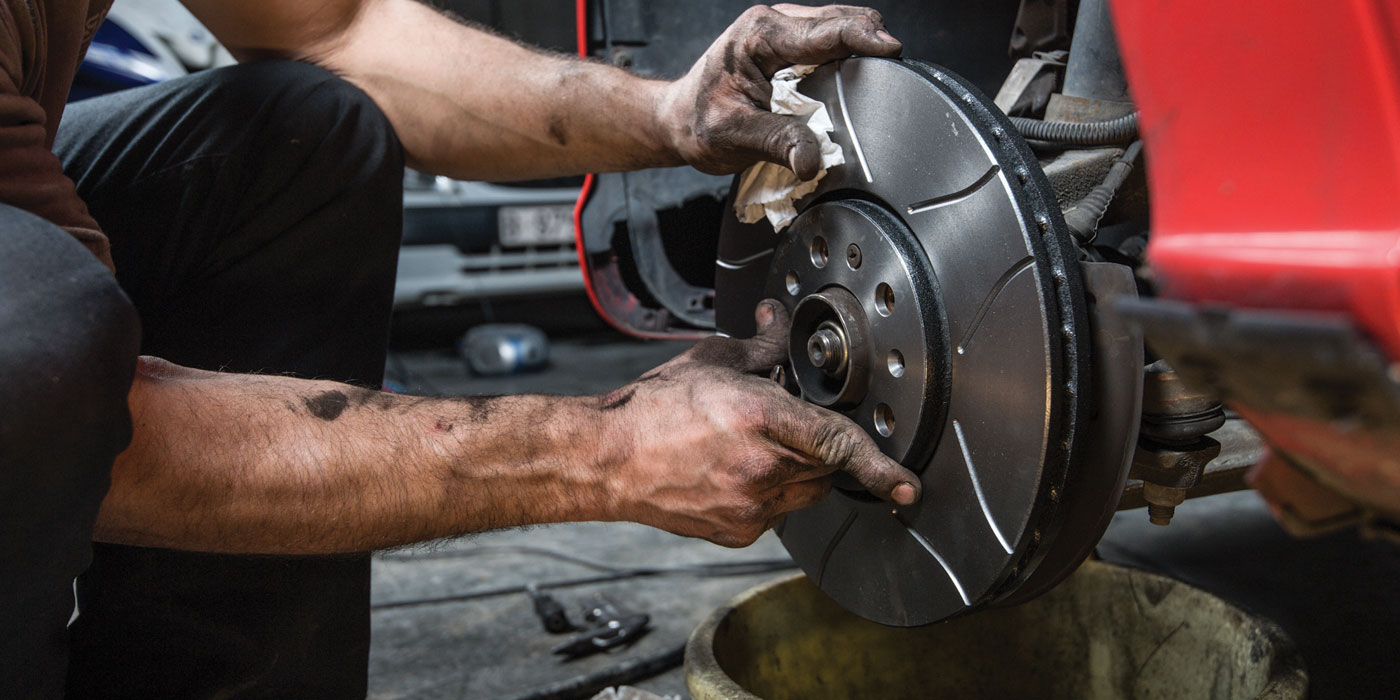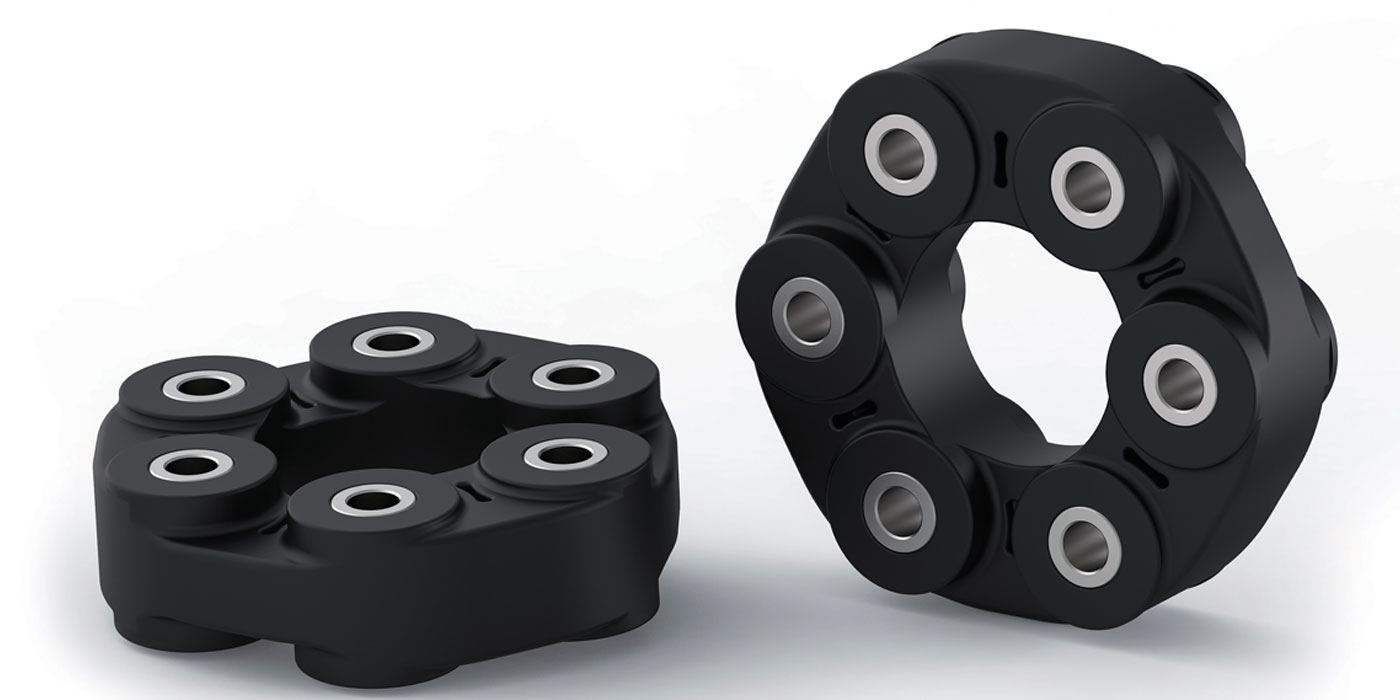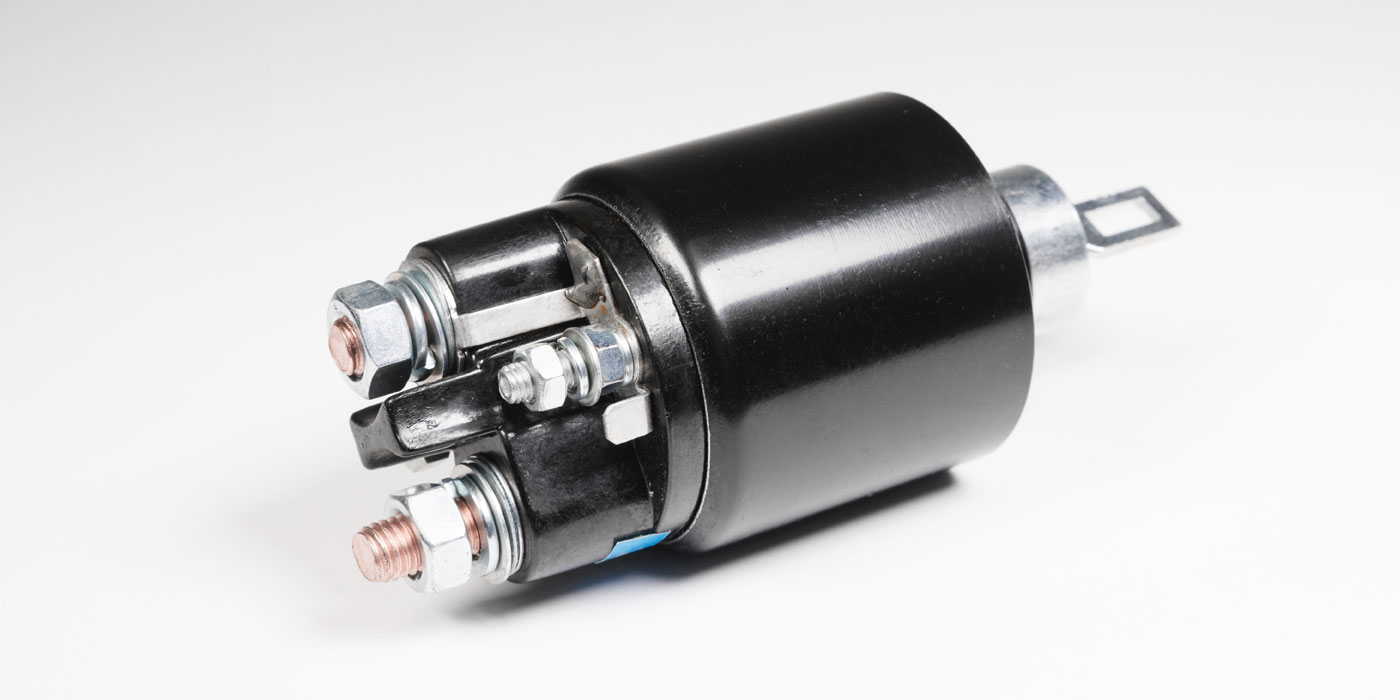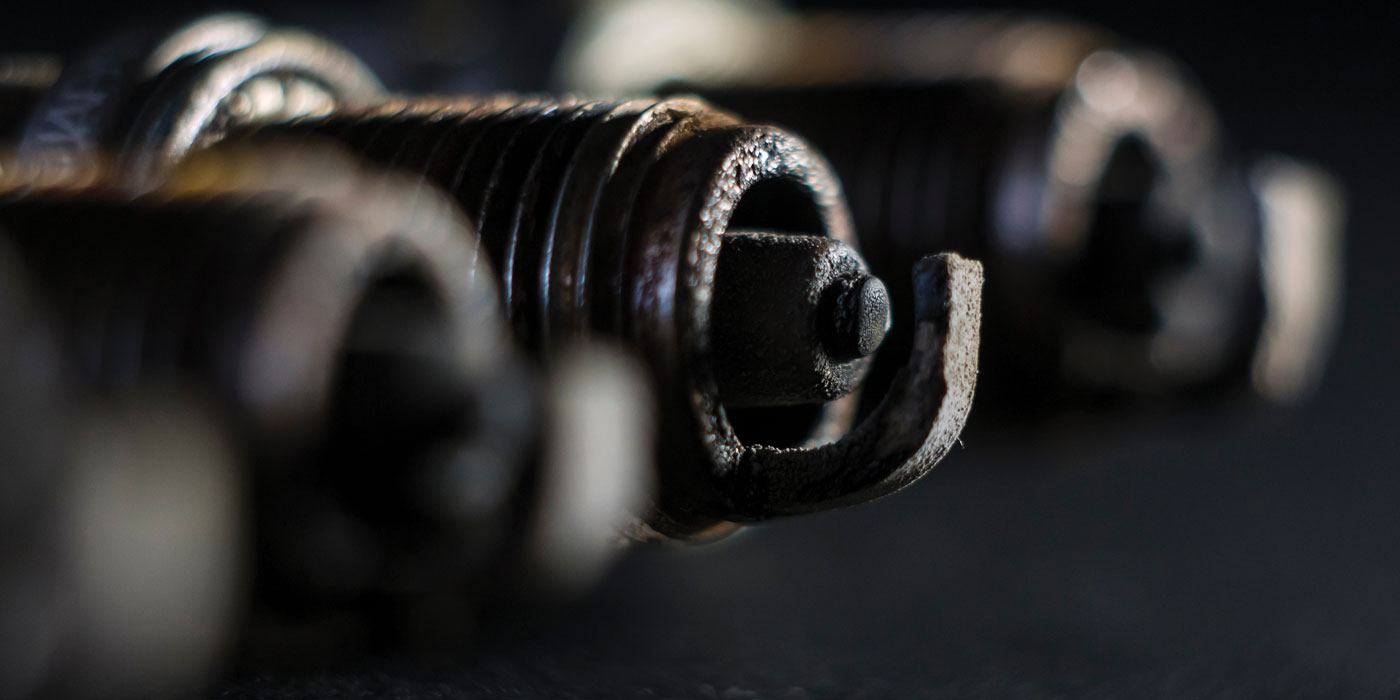In this day and age of computerized cataloging, Web site look-up and vehicle models looking more alike all of the time, is looking up parts becoming boring? Not if you work for an import parts specialist! Working behind the counter, or in the phone room of an import parts specialist means that you are part of an interactive team, one that thrives on communication and learning from each other.
In previous articles, I discussed how nomenclature (the language of auto parts) and application data are different between domestic and import models. For these reasons, being part of the sales team for an import parts specialist is also different. Looking up replacement parts for both domestic and import parts requires sharp people, accurate information and reliable resource materials. Counterpeople looking up parts for import vehicles must also depend heavily on the rest of the members of their sales team. Teamwork is everything when dealing with complicated and confusing import applications.
Because there are so many unique peculiarities to import models, and because traditionally, these were rarely documented in catalogs, import parts specialists had to learn to depend on each other. It’s rare to hear a lot of "hoop-la" about teamwork around the store of an import specialist, because they would have never gotten along without it. Teamwork has always been a way of life for the import parts specialist. Too many customers of import specialist parts stores would have left empty-handed and disappointed had it not been for the communication, interaction and teamwork on the part of the import specialist employees.
Every business can boast of the importance placed on teamwork for success. If we were to examine this in the operation of a typical import parts specialist, the first thing you would recognize is the exchange of knowledge that takes place. There is an almost constant dialogue between import specialist counterpeople that I don’t experience when I visit the operations of domestic parts suppliers. That is probably because, unlike imports, many of the same parts were used year after year on many domestic models. There’s just not a lot to discuss.
If a domestic auto parts supplier doesn’t have a particular part, there is a good chance that their warehouse usually does. There is an even better chance the required part will be in the same product line that they looked up originally. This same scenario for an import parts specialist might require four to six calls to source the part, if you know where all of the sources are. Again, communication and teamwork play a huge role in exchanging information to find a part and to satisfy a customer.
Now, I am not saying that teamwork doesn’t exist in domestic auto parts store operations. I simply believe that it is more prevalent in their operations during new employee training. Unlike import parts, in a primarily domestic parts environment, once employees have it – they have it! There is far more repetition in domestic parts. Import vehicle manufacturers like to change it up frequently and they do it often, sometimes more than once in the same model year. If you think back on how many years General Motors used the same distributor cap and rotor on many different models, nothing in the world of import parts could even come close.
Import parts specialist counterpeople are not smarter than their domestic counterparts. They are not more technically capable either. But, they are masters at creating their own "footnotes," of sharing information with each other and drilling down multiple avenues of reference material. They are naturally adapted to the concepts of teamwork, because it’s how they accomplish everything.
The world of replacement parts is changing every day and no distribution group or independent auto parts operation is immune to those changes. In a presentation made by Karen Kaiser Clark many years ago, she stated that, "Life is change and growth is optional." The book, Who Moved My Cheese, is all about change and the necessity to decide for yourself if you are going to adapt to change and keep up.
The dependability and quality of import vehicles has long been recognized by many discriminating buyers. As the sales of all import models soars past their domestic counterparts, the realization of dealing with, and understanding import parts is critical to every counterman’s job security. As more and more imports are produced, the job of looking up parts and finding them will become easier, as cataloging and resource materials get better and become more complete.
Adapting to the ways of the import world will be good training for all of us. After all, American manufacturers are incorporating more aspects of import vehicles into their models every year.

